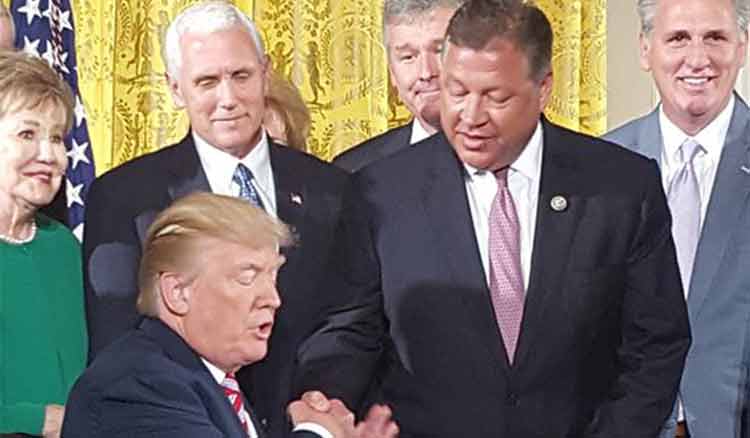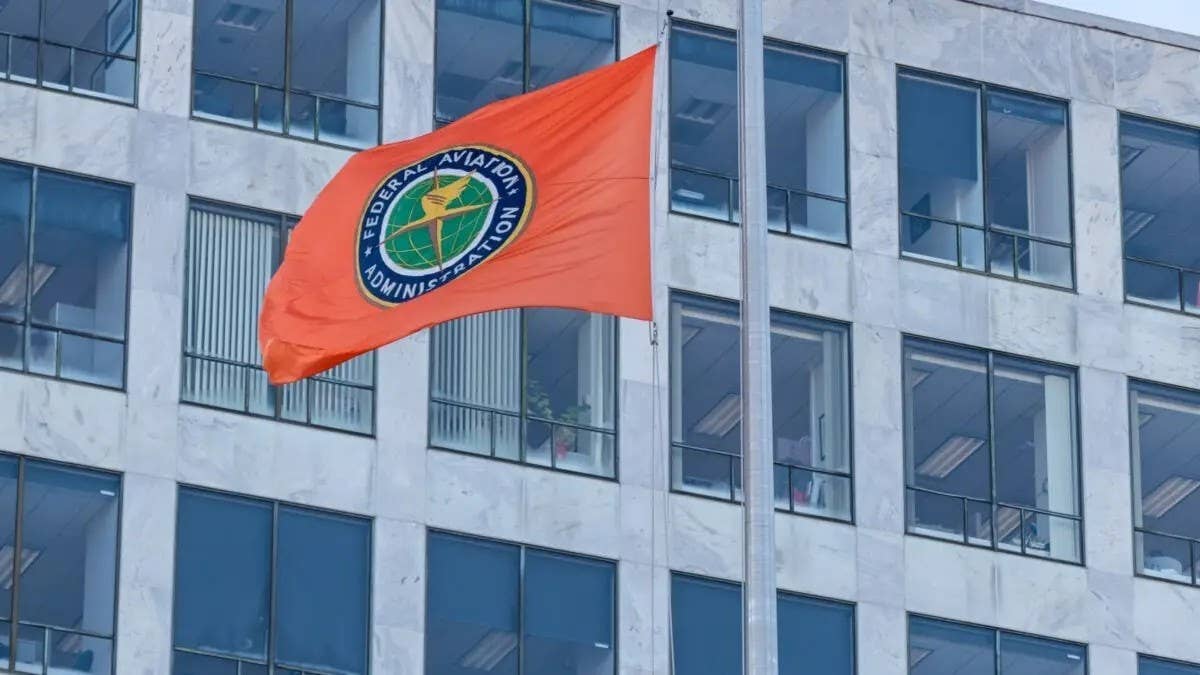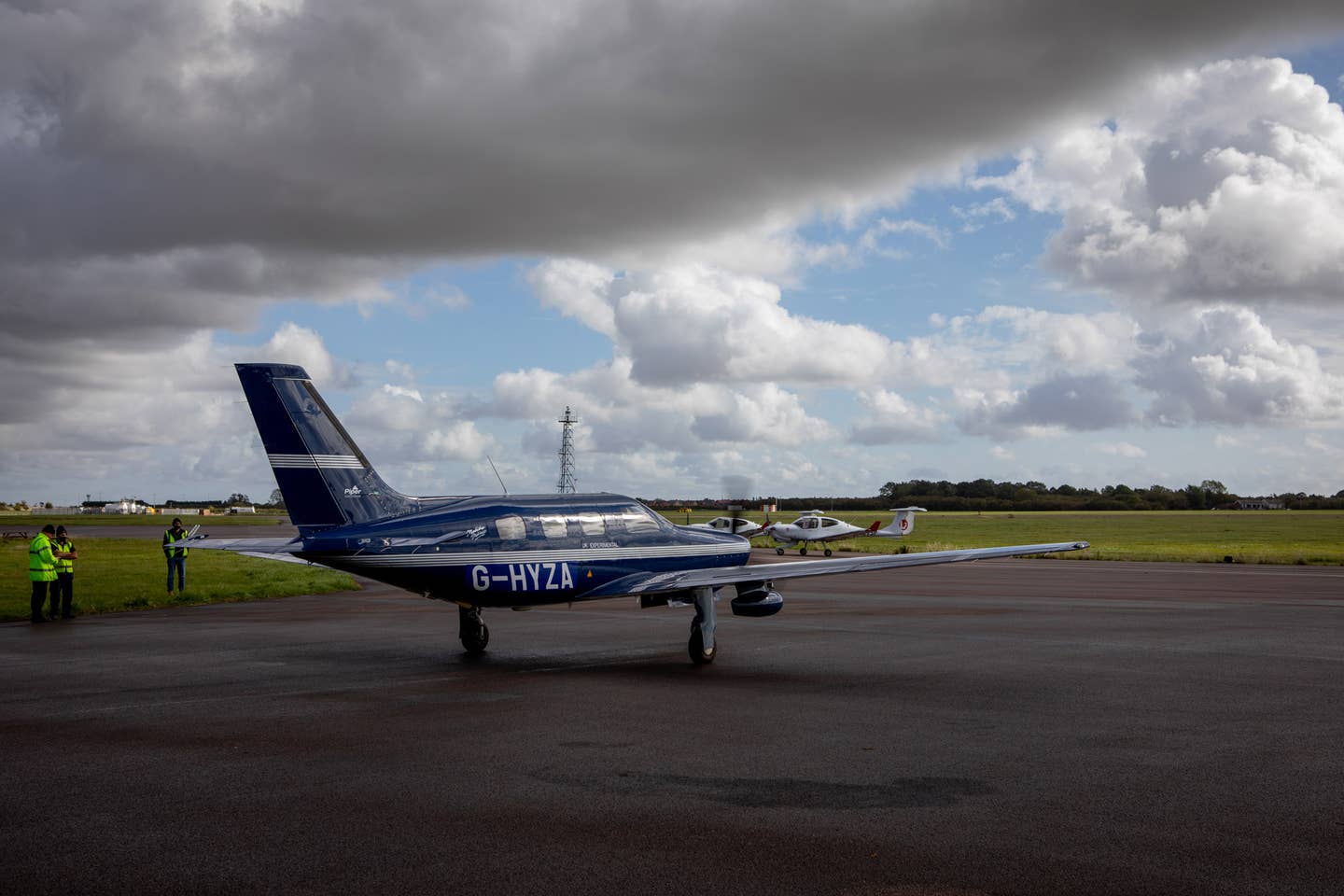
Rep. Bill Shuster (R-PA) shares President Trump’s vision for ATC privatization. Bill Shuster/Facebook
When Transportation and Infrastructure Committee Chairman Bill Shuster (R-PA) revealed the House's 21st Century Aviation Innovation, Reform, and Reauthorization Act (AIRRACT) on Wednesday, he said that it improves upon the similar but failed bill he introduced last year. His evidence that it has improved? "We gained support," he told reporters.
While it is still unknown if he’ll have the support needed to pass his FAA reauthorization bill, which would turn the nation’s air traffic control over to a nonprofit corporation, he claimed to have changed one significant mind since last year: House General Aviation Caucus Co-Chairman Rep. Sam Graves (R-Mo.).
According to Shuster, Graves' mind was changed by the new bill's promise that Part 135 charter operators, as well as Part 91 operators (who were already included in last year's bill), will not pay user fees to the new ATC entity. However, this and other changes have done little to assuage criticism from some of the most prominent aviation groups.
In response to Shuster’s six-year FAA reauthorization proposal, six groups — AOPA, EAA, GAMA, Helicopter Association International, NATA and NBAA — signed a joint statement calling for more effort from Congress and “all industry stakeholders,” as well as themselves, to reach consensus on improving ATC.
“After a thorough and detailed review of Chairman Bill Shuster’s (R‐PA) proposal to remove our nation’s air traffic control operations from the Federal Aviation Administration (FAA), we have concluded that these reforms, while well intentioned, will produce uncertainty and unintended consequences without achieving the desired outcomes,” the statement reads.
“We believe Chairman Shuster has raised the issue of reform in a meaningful and thoughtful manner and while we enjoy the safest most efficient air traffic control system in the world, we also believe that reforms, short of privatization, can better address the FAA’s need to improve its ability to modernize our system. We have concluded that any structural and governance reforms that require protections for an important sector of users are fundamentally flawed.”
In addition to this joint effort, aviation groups have also released individual statements to reaffirm their opposition to ATC privatization.
“As the largest association of pilots and aviation enthusiasts, AOPA is focused on reforms to our air traffic system that will work for all users of the system. A privatization proposal that requires protections for a large segment of aviation has a high potential for unintended consequences, as well as increased costs and uncertainty. We will continue to work with the administration, Congress, and industry stakeholders on reforms and efficiencies necessary to make certain our air traffic control system remains the envy of the world." – AOPA President Mark Baker
“As we have previously stated, privatizing ATC is a bad solution in search of a nonexistent problem. The unknown costs, transition, and fallout from this plan would be extremely harmful to general aviation. EAA supports modernization of the American airspace system, and progress is happening with the input of all the system’s stakeholders. This new legislation would do nothing to solve any current technology or efficiency issues, while undermining the world’s most extensive general aviation system and disrupting the world’s largest and safest air traffic control system.” – EAA CEO and Chairman of the Board Jack J. Pelton
“NATA is deeply appreciative of the courtesies shown to general aviation in the draft legislation developed by Chairman Shuster, including substantial input from general aviation supporter Representative Sam Graves. However, we have long made clear that supporting dramatic changes in the management of our nation’s air traffic control system would always be a high bar for the general aviation community.
“For that reason, we joined with other general aviation associations today in a position statement concluding the legislation, ‘while well-intended, will produce uncertainty and unintended consequences without achieving the desired outcomes.’ NATA continues to view the proposal as requiring general aviation and rural America to take an unnecessary leap of faith, including posing risks to stability of the world’s safest air traffic control system. We will continue to work in concert with other general aviation stakeholders toward legislation that we believe can benefit all Americans.” – NATA President Martin H. Hiller
(On Thursday, NATA released a statement confirming its support of the Senate's FAA Reauthorization Act of 2017, which does not include ATC privatization.)
“As Congress debates FAA reauthorization, NBAA has continually supported measures aimed at aviation system modernization. It is imperative we ensure the U.S. has the world’s best air transportation system, today and in the future.
“But let’s not confuse modernization with privatization. Our nation's ATC system is and always will be a monopoly, and that monopoly must operate in the public’s best interest. This bill proposes to strip control over that monopoly from the public’s elected representatives, and essentially hand sweeping authority to a group of private parties, which will likely make decisions based on their business interests.” – NBAA President and CEO Ed Bolen

Sign-up for newsletters & special offers!
Get the latest FLYING stories & special offers delivered directly to your inbox






